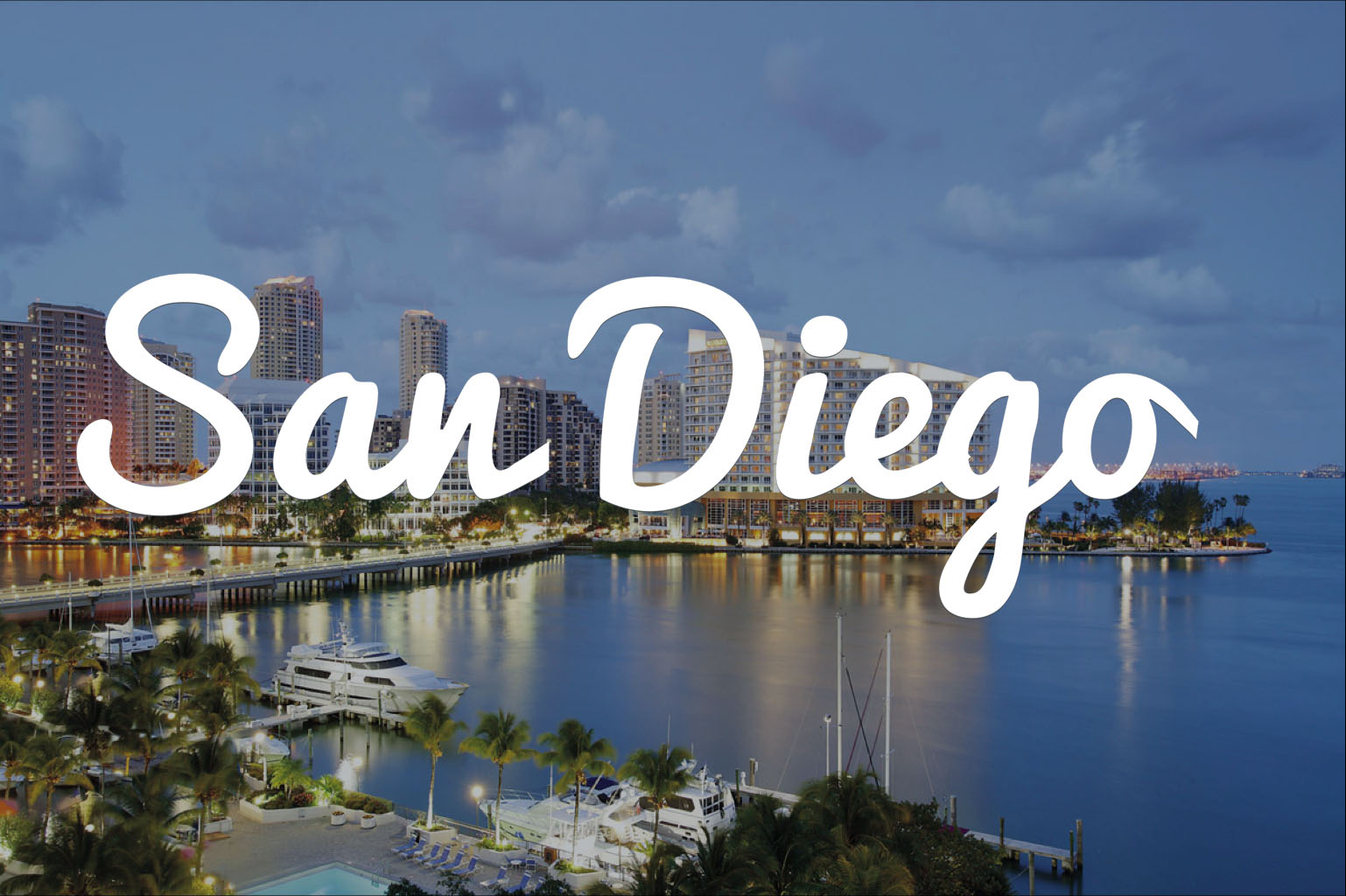Leaders of the world’s police forces came together in San Diego, California, last week.
It was the 130th anniversary of the International Association of Chiefs of Police (IACP), and 18,000 men and women who fit into police uniforms for a career converged in the Pacific Coast city.
I was glad to learn that Nigeria’s current police boss, Acting Inspector-General of Police Kayode Egbetokun, a man whose vision and courage I recently praised him in this column, led the Nigerian delegation.
Curiously, Nigeria sent one of the largest foreign delegations to this year’s IACP: about 36 strong, I learned. That suggests a distressing financial tab for Nigeria at a time of severe economic problems. Keep in mind that those officers would have traveled First or Business Class, which this October would have been about $10,000 and $20,000 respectively per ticket, according to Google Flights. And that is just the tickets.
It is at once comforting and distressing to learn that the Bureau of International Narcotics and Law Enforcement Affairs of the US Department of State sponsored Nigerian participants, among others, to San Diego. But while that sponsored may have included hotels and expenses, the Nigerian government would still have had to pay heavy travel allowances, alias estacode.
On the website of the Nigeria Police last week, I could find no mention of the conference, despite police spokesman Olumuyiwa Adejobi being present. The Economic and Financial Crimes Commission (EFCC), which sent officers, did not acknowledge its presence either, let alone any contributions they may have made. Swift Reporters appeared to be the publication the Nigeria Police wanted to be mentioned in.
Previewing the conference, Mr. Adejobi had had declared its theme, ‘The Real Advantage’, as providing “an invaluable platform for police leaders and professionals around the world to engage with contemporary law enforcement issues of global significance.”
He said the conference would encompass a broad spectrum of discussions and workshops on such subjects as transnational fraud, officer safety, and wellness, use of force, innovative investigative techniques related to firearms, community and public safety, and cybercrime.
Adejobi further said that those concerns aligned with IGP Egbetokun’s “commitment to achieving professional competence, rule of law compliance, and people-friendly policing services,” and that the knowledge and insights gained would be “instrumental in advancing the IGP’s mission to maintain law and order and ensure the safety and well-being of all Nigerians.”
Those lofty hopes were being expressed at a time in mid-October, a time that Nigerians will always remember, and be reminded of the massacre of young citizens in a public protest in 2020, the most brutal incident of official repression and cover up in the country’s history.
The Doris Okuwobi judicial panel of the Lagos State government, in its 2021 report, confirmed that despite government denials, there had indeed been a massacre by soldiers who “shot, injured and killed unarmed, helpless and defenceless protesters.”
It further stated that the police officers who were deployed to the tollgate aided in the massacre because they “shot at, assaulted and battered unarmed protesters, which led to injuries and deaths.”
In effect, on the night of October 10, 2020, the Nigeria police openly mowed down young Nigerians in a peaceful protest about being brutalized by the police.
Worse still, three months ago, an evidence leak revealed the horrendous truth that over 103 persons had been killed at that Lekki protest when it emerged that the Lagos State government was planning a N61.2m mass burial for them. That confirmed previous reports that the police had taken away the bodies that night and cleaned up the crime scene.
Evidently, this is not the kind of image the Nigeria police can clean up in international conferences, which may explain why it was reluctant to assert its participation in the IACP last week.
As I continue to say, policing Nigeria begins from the basic issue of orientation and character, as the nation’s police force appears to be trained to serve and protect the rich and powerful (as opposed to the maintenance of law and order, while treating the public with extortion and hostility.
Critical to this is the lack of accountability in policing. Until every policeman, from the youngest officer to the IGP, accepts and implements the principle of accounting for their work, those reports culminating in written public reports of state commissioners and the IGP, policing in Nigeria will remain a charade in which innocent people are routinely extorted, assaulted, tortured, thrown behind bars, or even killed.
How important is reporting? Here is the website of the annual reports of the SDPD. Here is the website of the reports of the City of San Diego. And here is the website of the reports of the IACP itself. Now, show me a similar website of the Nigeria police in any form.
Reporting is what puts everything in place and perspective: from what are trying to accomplish to what we are doing, and who we are. How remarkable it would have been in San Diego, for instance, for the police chiefs of the world to hear from their colleagues of the EFCC about their work, citing the annual reports of that agency, including its annual report for 2022 that was due three weeks ago. How remarkable it would have been for IGP Egbetokun to speak about how many murders have been solved in the last 12 months, and how.
One more word about Nigeria’s participation at the 103th IACP. How did Nigeria’s Minister of State for Police Affairs, Hajia Imman Sulaiman-Ibrahim, become an interloper in a meeting of police professionals?
Membership of the organization is clearly limited to “law enforcement and those affiliated with the law enforcement profession, including police leaders, officers ranging from recruit to command-level, law enforcement executives, nonsworn law enforcement personnel, criminal justice academics and students.”
“The conference is a vital platform for sharing best practices, discussing emerging trends, and addressing critical global issues affecting law enforcement agencies,” Ms. Sulaiman-Ibrahim detailed on Instagram. “Over the course of this event, I’ll actively engage in panel discussions, delivering keynotes, and participating in bilateral meetings with esteemed leaders in law enforcement.”
Panel discussions? Keynotes? There is no evidence. The opening ceremony featured such relevant speakers as FBI Director Christopher Wray, San Diego Mayor Todd Gloria, Chief David Nisleit of the SDPD, and Interpol Secretary General Jürgen Stock.
What is even more embarrassing is that Minister Sulaiman-Ibrahim transformed into an Instagram Influencer, posing for pictures, including a particularly embarrassing one in front of the San Diego Central Jail, and going on a Ride-Along with a police sergeant.
Hopefully, Ms. Sulaiman-Ibrahim will stay in her lane next time and let the professionals do their work. If she really wants to work, and not simply travel, she can visit a few of Nigeria’s 240 prisons and over 800 police stations and pose in front of their battered equipment. As Mayor Gloria said at the opening ceremony, “I don’t think people perform better or become more accountable or responsible when you deny them the resources they need to do their job…We would not defund but fully fund and fairly compensate officers and give them the equipment to do their job.”
Influence that, Minister.


 Join Daily Trust WhatsApp Community For Quick Access To News and Happenings Around You.
Join Daily Trust WhatsApp Community For Quick Access To News and Happenings Around You.
